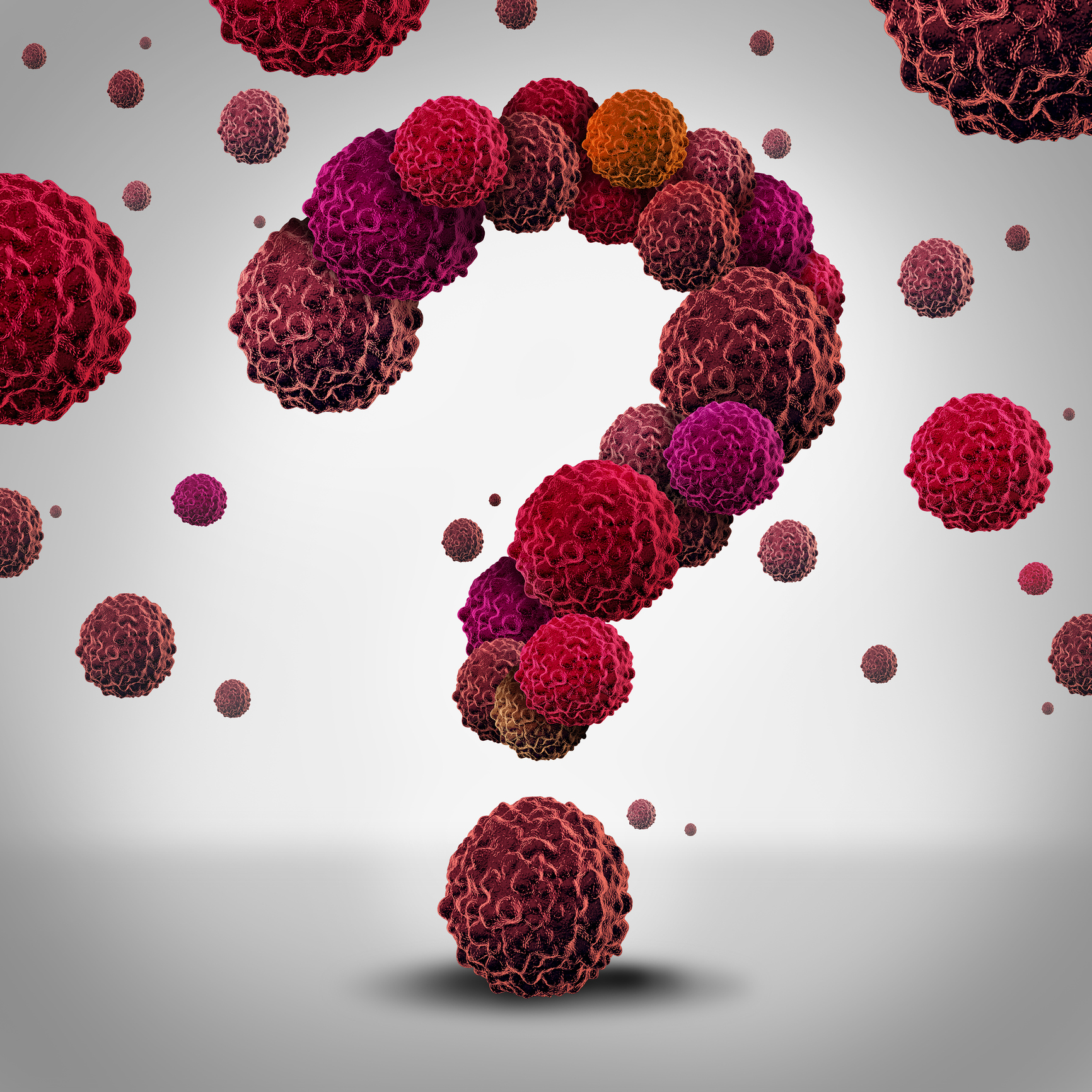Although medicine has made great strides improving cancer survival rates over the past several decades, chemotherapy used in modern treatment can often leave patients with memory loss or confusion, sometimes referred to as “chemo fog”. This decline in mental sharpness is usually short-term but some people experience longer lasting changes in the brain.
According to the Centers For Disease Control and Prevention, about 65 per cent of cancer survivors live at least five years past their diagnosis. Therefore, more study is now directed at improving the quality of life for patients following treatment. And one of the most common post-therapy conditions is “chemo brain”; cognitive changes that result in confusion, difficulty focusing and memory loss. Despite the moniker, changes in the brain are not only a result of chemotherapy. According to Gordon Winocur, a senior scientist at Baycrest Health Sciences, they are the combined effect of tumor growth and anti-cancer drugs.
Recent research has found that when a tumor begins to develop, the body’s immune system tries to stop the growth by releasing cytokines (small proteins) which cause inflammation in the brain, interfering with its ability to function properly. Chemotherapy used to treat cancer has also been found to hinder new brain cell production in areas of the brain related to memory. The combination of these two factors results in a shrinking of the brain in regions used for memory and learning.
In recovery, cancer survivors often experience some cognitive impairment but with a healthy lifestyle that includes regular physical exercise, new brain cells can begin to grow again in the areas affected by cancer and cancer treatments. Staying active is important for aging adults as evidence mounts that exercise can help delay or prevent dementia. Remaining socially engaged also stimulates brain activity and help prevent feelings of isolation, loneliness and depression.
Caregivers who notice problems with memory, focus, organization or completing daily tasks in cancer survivor patients should contact their primary care physician; they may recommend cognitive rehabilitation to help better manage the problems. To learn more about symptoms and for tips to handle brain fog, follow this link to the American Cancer Society webpage.






Add Your Voice
0 Comments
Join the Discussion